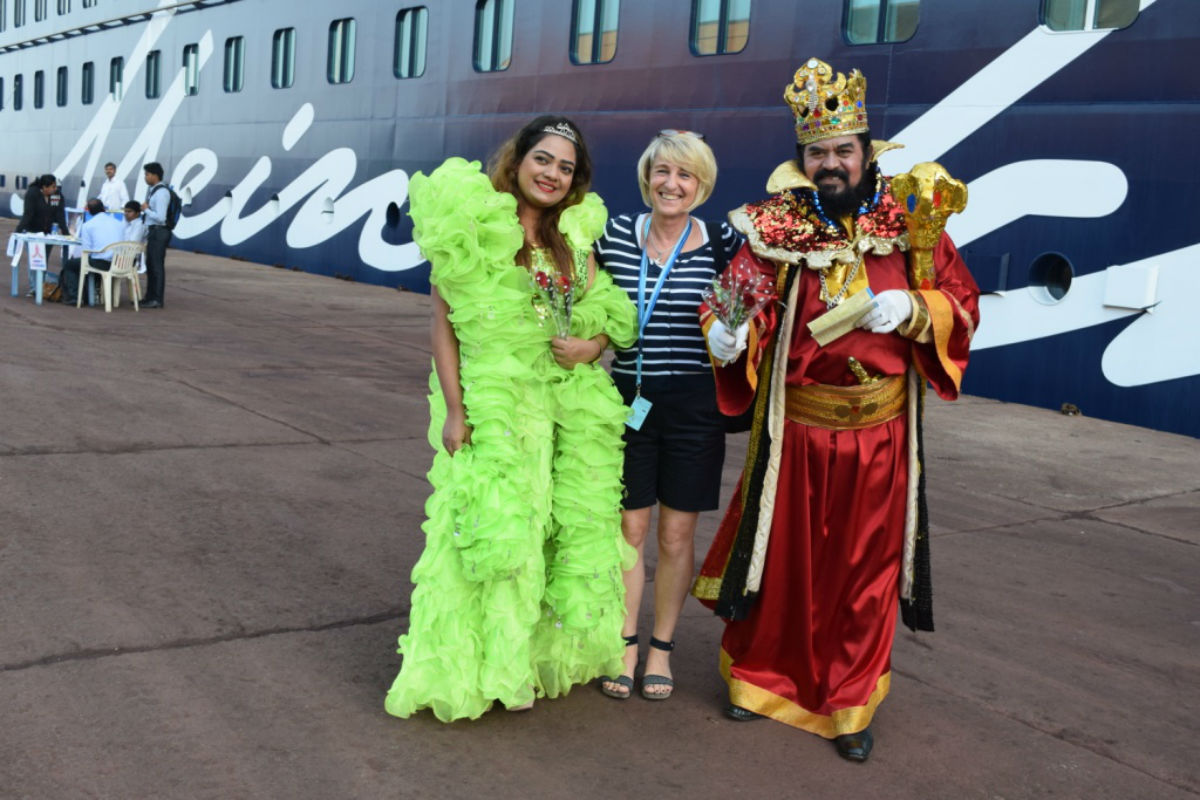While the Carnival of Goa and the Valentine’s Day weekend managed to attract dozens of Indian tourists to the state after a long hiatus due to the ongoing pandemic, the hotel industry did not see a warm welcome by the tourists this time.
Many tourists had opted to stay in rented flats or houses instead of hotels. Houses in villages, located at a walking distance from the beach or close to shore were the most preferred destinations for the tourists this time. For example, Arambol villages in North Goa saw Indian tourists not only from neighbouring states but also from northern states flocking together in search of home stays.
“Tourists drove to Goa with their families, house-helps and cooks, and preferred rented houses. Obviously they would not stay in a hotel,” said Atish Fernandes, director, First Class Holidays.
When searching for the reasons behind this new trend, the cost effectiveness of holiday homes and flats were considered important. On average a private stay accommodation saves half the price of a hotel stay. Also villas , flats and holiday homes provide many other amenities like laundry services/washing machines, kitchen, balcony etc. If you are coming to the state with your family and a cook it would be ideal to book a villa or a flat with all these facilities and enjoy a peaceful vacation.
Another factor that has led the millennials to follow this trend is the privacy, enjoying and partying with the squad without any hindrance. If you are staying in a hotel there will be time limitations in some places where you have to get back by a certain time. Also hotels rarely offer large balconies or terraces with magnificent views, while apartment rentals usually do. You can invite guests for a barbecue, a poker game, a glass of champagne after a day at the beach, or you can simply enjoy sunrise having a delicious breakfast and reading your favourite book.
While the tourists seem to enjoy this new trend, the government has observed that most of these private properties are illegal or unregistered. Tourism director Menino D’Souza said that after the rules framed following an amendment to the Registration of Tourist Trade Act more than a year ago are notified, they would crack down on these illegal entities. “The file pertaining to the draft rules is with the law department for vetting,” he said.
According to Nilesh Shah, President of The Travel And Tourism Association Of Goa ( TTAG) , the association has been petitioning the government for the past few years seeking action against the illegal operators. “They must have found staying in a flat more economical than in a hotel,” he said, adding, “comparatively, room tariffs charged by operators of flats or villas would be less, as unregistered entities don’t pay any levies or taxes to the government. Also, for utility connections, they don’t pay commercial charges.”
He said the government must act on unregistered entities as unfair competition is hurting the hotel industry.
Talking about the significance of Arambol in this whole scenario and why tourists choose coastal villages near Arambol, Shah added “ Indian tourists in their 30s and 40s view Arambol as a happening place, small gigs, close-knit parties, dope as well as events such as meditation and yoga sessions are also on offer. I doubt their authenticity, but they do attract tourists. It’s a heady mix that draws domestic tourists to Arambol.”

























